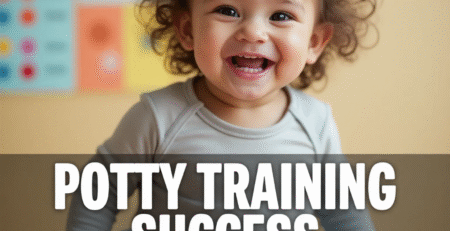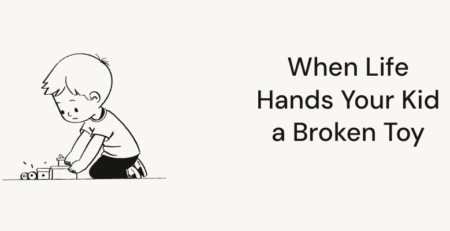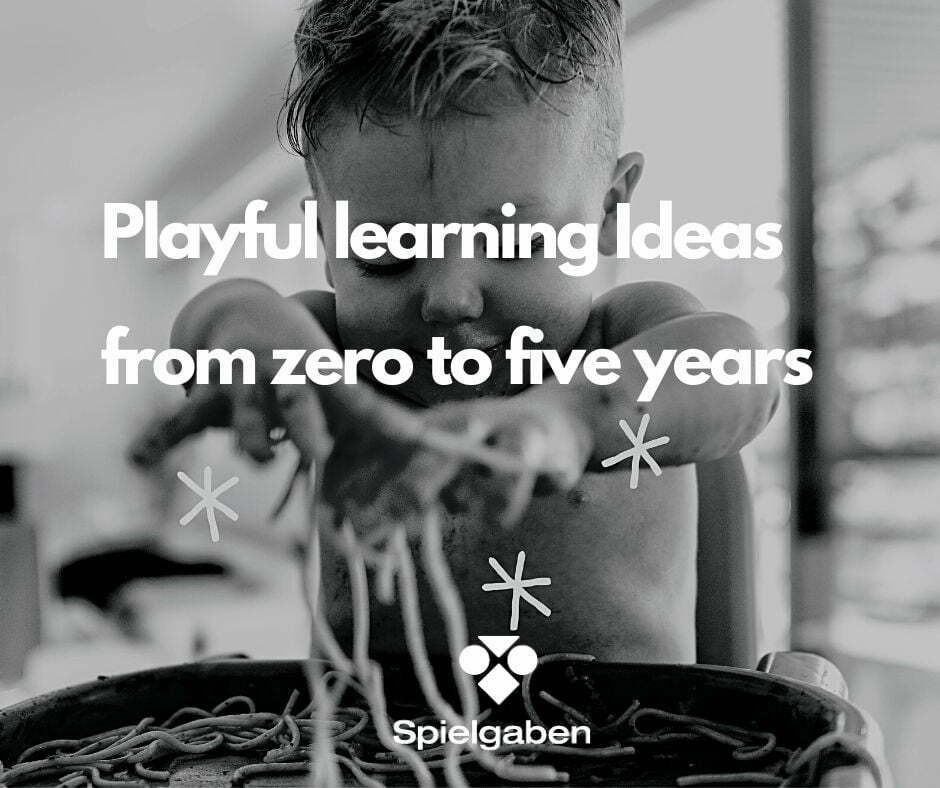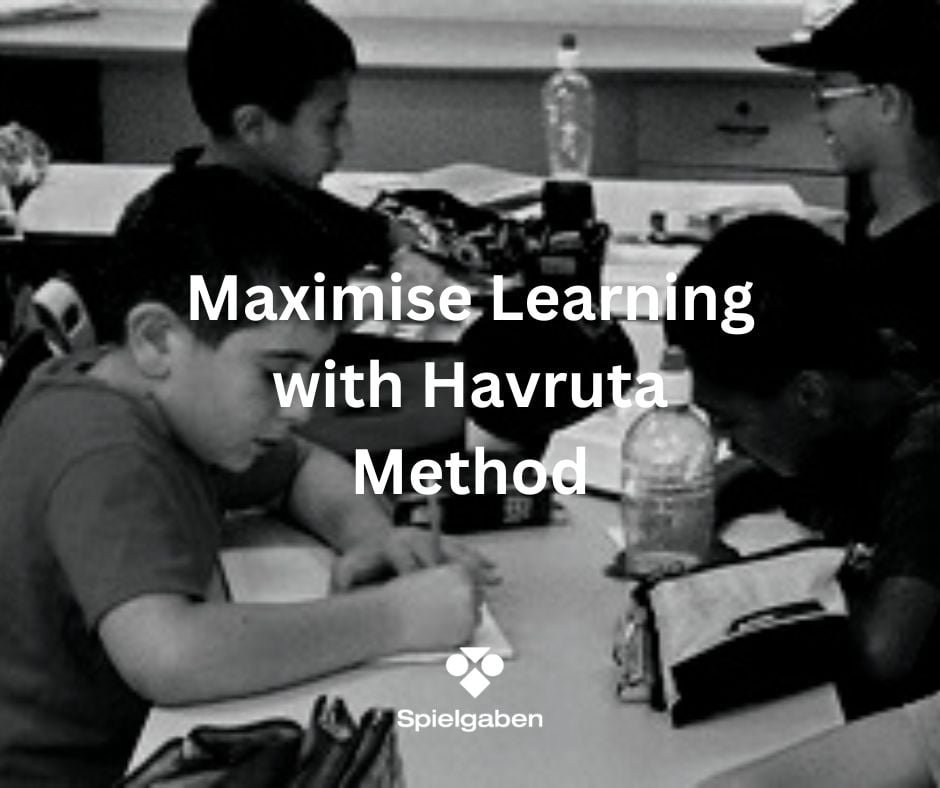Your Child’s Character Will Determine Their Success More Than Their Grades Ever Will
What if everything you’re doing to help your child succeed is missing the most important ingredient?
You’re investing in tutors, music lessons, sports teams, and enrichment programs. You’re checking homework, attending parent-teacher conferences, and losing sleep over report cards. But here’s a shocking truth: Harvard researchers found that 85% of career success comes from well-developed character traits, while only 15% comes from technical knowledge and skills.
Today, you’ll discover the battle-tested formula for building authentic character in your child—the kind that’ll help them stand strong when you’re not there to guide them. Because the real question isn’t whether your child will face pressure, disappointment, or tough choices. The question is: will they crumble or rise?
The Formula Everyone Forgets: Character Equals Convictions Multiplied by Discipline
Stop searching for the perfect parenting hack.
Character isn’t something your child inherits like eye color. You can’t buy it at the tutoring center or download it from an app. Instead, character follows a simple but powerful formula: Character = Convictions × Discipline.
Think about that multiplication sign for a moment. If your child has zero convictions (they don’t know what they believe), discipline won’t matter—zero times anything equals zero. And if they’ve got beautiful beliefs but no discipline to act on them? Those convictions remain nothing more than nice ideas.
Your job isn’t to hand your child a list of values and hope they stick. Your job is to help them discover their own authentic beliefs and build the inner strength to live by them—especially when it’s hard, unpopular, or costly.
Here’s what this looks like in real life: A four-star general who learned this formula the hard way watched half his Ranger School candidates voluntarily quit rather than risk failing. The ones who succeeded? They’d decided from day one that quitting wasn’t an option. They committed to excellence and pursued it regardless of the cost.
Your child will face their own “Ranger School” moments—friendship drama, academic pressure, social media toxicity, peer temptation. The question is: will they have the character to handle it?
How to Help Your Child Discover What They Actually Believe (Not Just What You Want Them to Believe)
Here’s the uncomfortable truth: most of your child’s “beliefs” aren’t really theirs.
They’ve absorbed them unconsciously from you, their teachers, their friends, Instagram influencers, and TikTok trends. They can recite what they should believe—”be kind,” “work hard,” “tell the truth”—but have they ever stopped to think about what those words mean to them personally?
Because blind adherence to beliefs we’ve never examined can be dangerous.
Stop Handing Down Values. Start Having Conversations.
You don’t build authentic convictions by lecturing. You build them through questions that make your child think:
- “Why do you think that’s important?”
- “What would you do if everyone else disagreed with you?”
- “How do you feel when you see someone treated unfairly?”
- “What are you willing to sacrifice for what you believe?”
These conversations feel awkward at first. Your 10-year-old might shrug. Your teenager might roll their eyes. But you’re planting seeds that’ll grow into their internal compass.
Expose Them to Different Perspectives
Want your child to think for themselves? Show them there’s more than one way to see the world.
- Read books featuring characters from different cultures and backgrounds
- Encourage them to talk with grandparents about “the old days”
- Visit historical sites and discuss what people believed then versus now
- Watch age-appropriate documentaries together and discuss what surprised them
The goal isn’t to confuse your child with too many viewpoints. The goal is to teach them that developing real convictions requires examining multiple angles, not just accepting the first opinion they hear.
Teach Them to Think, Not Just Consume
Here’s something that’ll make you cringe: How many times has your child formed a strong opinion about something they never actually experienced firsthand?
Maybe they “hate” a food they’ve never tasted because their friend said it’s gross. Maybe they think a classmate is “mean” because someone else said so. In our information age, secondhand thinking has become an epidemic—and it starts younger than you think.
Challenge your child to seek primary sources:
- “Did you see what happened, or did someone tell you about it?”
- “Have you tried it yourself, or are you going by what others say?”
- “What do you think, not what does everyone else think?”
Yes, this takes more time than just accepting their quick judgments. But you’re raising a person who’ll need to make their own decisions when you’re not around.
What Truly Matters Changes (And That’s Okay)
If you asked yourself at 25 what mattered most, would your answer match what matters to you today?
Probably not. Discovering what genuinely matters is one of life’s most important journeys—and it unfolds over decades, not days. Often, it takes major life changes, unexpected challenges, or painful struggles to reveal what sits at your core.
Your Child’s Priorities Will Evolve—Help Them Recognize It
Right now, your eight-year-old thinks making the travel soccer team is everything. Your teenager believes their entire future hinges on getting into a specific college. And you know what? In this moment, those things genuinely matter to them.
Don’t dismiss their priorities as trivial. Instead, help them understand that:
- What matters most can shift as they grow
- Some things that feel huge today will matter less tomorrow
- Other values—like loyalty, integrity, kindness—remain important throughout life
One father helped his daughter through this by creating a “What Matters Timeline.” Every year on her birthday, they’d talk about what felt most important to her that year. Looking back at age 16, she could see how her priorities had evolved—and learned that change isn’t failure, it’s growth.
Money Can’t Replace Mission
When elite special forces soldiers left military careers for private contractor positions paying $1,000 per day, it seemed like a no-brainer. Serious money that could change their families’ lives.
But eventually, the exodus slowed. These professionals discovered that money alone couldn’t replace the sense of mission and deep camaraderie they’d left behind.
What does this mean for your child? Help them connect their work to something bigger than a paycheck:
- The student who struggles through math homework because she wants to become an engineer who builds safer bridges
- The kid who practices piano not just to avoid your nagging, but because music brings joy to nursing home residents
- The teen who works a minimum-wage job to save for college and build independence
When your child connects daily tasks to their deeper “why,” routine chores transform into meaningful acts.
Discipline Isn’t Perfection—It’s Showing Up After You Fail
Stop waiting for your child to be perfect before you praise their character.
The most successful, driven people aren’t perfect. They actually fail more often than others—they just keep showing up anyway. This paradox lies at the heart of discipline, and it’s the lesson most parents get wrong.
Discipline Is Learned, Not Inherited
Here’s an inspiring truth: A future four-star general racked up so many disciplinary infractions during his first two years at West Point that he nearly got kicked out. His friends still find it hilariously ironic that he later received the Distinguished Graduate award.
If your child struggles with self-control right now, that’s not a life sentence. Self-discipline is learned, practiced, and strengthened over time—just like a muscle.
Start Small, Build Momentum
Discipline doesn’t mean overhauling your child’s entire life overnight. It means making one small commitment and keeping it.
Try this approach:
- Choose one area where your child wants to improve
- Set one small, specific daily action
- Track it for 30 days
- Celebrate consistency, not perfection
Example: Your child wants to get better at basketball.
- ❌ Don’t say: “Practice for two hours every day”
- ✓ Instead: “Shoot 20 free throws before dinner each day”
Another powerful approach? Build discipline through purposeful play. Tools like Spielgaben create natural opportunities for your child to practice focus, complete tasks they start, and work through challenges—all while they think they’re just playing. When discipline feels like discovery rather than drudgery, your child builds the habit without the resistance.
When they miss a day? Don’t catastrophize. Just ask: “What got in the way?” and “How can we make tomorrow easier?” Discipline means getting back on track, not never falling off.
Accept That You Can’t Do Everything Right
In the 1970s, military training requirements literally exceeded the number of days in a year—an impossible standard that set everyone up for failure.
Sound familiar? Your child has homework, sports practice, music lessons, chores, family time, friend time, and everyone telling them to “do it all.”
The solution? Help them set clear priorities. Create your family’s “Big Four”—four core commitments that matter most right now:
- Academic responsibility (homework completed before screen time)
- Family connection (dinner together 4+ nights per week)
- Physical health (8+ hours sleep, active play daily)
- One chosen passion (sport, art, music, volunteering—their pick)
Everything else? Optional. Because discipline isn’t doing everything—it’s doing what matters most, consistently.
Keep at It When It Gets Hard
At Ranger School, half the candidates voluntarily dropped out rather than risk failing. The ones who succeeded had simply decided from the start that quitting wasn’t an option.
Your child will face moments when they want to quit:
- The sport that’s harder than expected
- The friendship that requires effort to maintain
- The long-term project that stops being fun
Your job isn’t to prevent these moments. Your job is to help them push through by asking:
- “Remember why you started?”
- “What would future-you thank present-you for doing?”
- “How will you feel if you quit versus if you push through?”
Sometimes, quitting is the right call. But teach them the difference between strategic pivoting and giving up when things get uncomfortable. Discipline means choosing the harder path when it aligns with what matters most.
Leadership Starts on the Playground, Not in the Boardroom
Think leadership doesn’t matter until your child enters the workforce?
Think again. Every time your child decides how to treat the new kid at school, whether to stand up for someone being bullied, or how to handle being team captain—they’re practicing leadership.
Real Leaders Do What People Need, Not What They Want
Leadership often feels thankless. It’s like parenting (you should know this well!)—frequently unappreciated but absolutely necessary.
Your child needs to understand: Being popular isn’t the same as being a leader. Real leadership means:
- Inviting the lonely kid to sit at lunch even when your friends don’t want you to
- Telling your teammate they need to work harder, even if it creates tension
- Doing the group project work yourself when others slack off, then addressing the problem
Yes, these choices are hard. Yes, your child might temporarily lose popularity points. But you’re raising a person of character, not a people-pleaser.
Small Gestures Carry Surprising Weight
A four-star general once discovered a simple thank-you note he’d written, framed on a junior officer’s wall years later. He had no idea that two-minute gesture meant so much.
Teach your child the power of small leadership acts:
- Writing a genuine thank-you note to a teacher
- Publicly acknowledging a teammate’s improvement
- Checking on a friend who seems down
- Defending someone in their absence
These aren’t “extras” you do when you have time. These are the moments that define who your child is becoming.
Physical Presence Matters Enormously
A military commander moved to the Middle East instead of leading comfortably from headquarters because he couldn’t understand situations he couldn’t see and feel firsthand.
For your child, this means: Show up. Be present. Put down your phone.
- Attend their games, concerts, and presentations when possible
- Make eye contact during conversations
- Be fully present for 15 focused minutes rather than half-present for an hour
You’re modeling what good leadership looks like. Your child learns more from how you show up than from what you say about showing up.
Character Only Reveals Itself Over Time and Under Pressure
When do you truly see someone’s character?
Not in their best moments. Not in their carefully curated Instagram posts. Not when everything’s going their way.
You see character over time and under real pressure—when the stakes are high, the audience is small, and nobody’s handing out trophies for doing the right thing.
Check In on Beliefs and Behaviors Regularly
Too many people start with noble intentions, only to gradually lose sight of their ideals. It happens to kids, too.
Your daughter starts the school year determined to include everyone at recess. By October, she’s excluding the “annoying” kids like everyone else does. Why? Because external pressure slowly eroded her stated values.
Combat this drift with regular check-ins:
- Monthly “character conversations” during a special outing
- Weekly family reflection time: “When did you see someone show great character this week?”
- After challenging situations: “How do you feel about how you handled that?”
These conversations aren’t interrogations. They’re opportunities for your child to notice their own growth and course-correct when needed.
How We Handle Transitions Reveals Who We Really Are
Does your child gracefully move to a new grade level, or cling desperately to past glory?
One of character’s truest tests is how we handle moving from essential to obsolete:
- The star player who accepts a bench role when younger talent emerges
- The student who celebrates their friend’s success even when they didn’t get picked
- The older sibling who lets the younger one shine instead of competing
These transitions are brutally difficult. But they’re also where character becomes visible. Can your child recognize when it’s time to evolve rather than trying to recreate past achievements?
The Manner of Their Life Matters More Than External Achievements
You want your child to be successful—that’s natural. But what does success actually mean?
Is it:
- The number of awards on their shelf?
- The college name on their sweatshirt?
- The salary they’ll eventually earn?
Or is it:
- How they treat people when nobody’s watching?
- Whether they help others even when there’s no benefit to them?
- If they can look at themselves in the mirror with genuine pride?
Authentic character only emerges through sustained testing over time, when convenient facades become impossible to maintain and true priorities are forced into the open. It’s not about single moments, awards, or perfection—it’s about making the daily choice to become better.
Your Child’s Character Blueprint: Start Building Today
You’ve learned the formula: Character equals convictions multiplied by discipline. Now it’s time to act.
Don’t try to implement everything at once. Instead, start with these three steps this week:
Step 1: Have one genuine conversation where you ask your child what they believe about something important to them—then listen without correcting or lecturing. Your goal is discovery, not instruction.
Step 2: Help them choose one small discipline to practice daily for 30 days. Make it so easy they can’t fail—because you’re building the habit of consistency, not perfection.
Step 3: Catch them demonstrating character (even small moments) and specifically name what you saw: “When you invited Sarah to join your group, you showed real leadership because you noticed she felt left out.”
Here’s your truth: You won’t get this perfect. You’ll have days when you’re too tired for character conversations. Your child will resist, roll their eyes, or seem not to care. That’s normal.
But every conversation you have, every small discipline you help them build, every moment of character you acknowledge—it all adds up. You’re not building a perfect child. You’re building a person who knows what they believe, has the strength to act on it, and can stand strong when pressure comes.
Because pressure will come. Challenges will arise. Difficult choices will appear.
The question is simple: Will your child crumble or rise?
With character built daily, through conviction and discipline, they’ll rise. They’ll stand strong. They’ll become who they’re meant to be.
Character compounds, discipline delivers, and your child’s future depends on it.
Ready to make character-building a natural part of your daily routine? Start your first 30-day character challenge this week. Pick one small discipline, track it together, and watch your child’s confidence grow with each day they show up. The small steps you take today create the strong person they’ll become tomorrow.













LEAVE A COMMENT